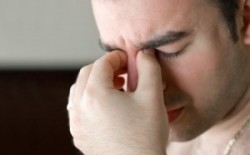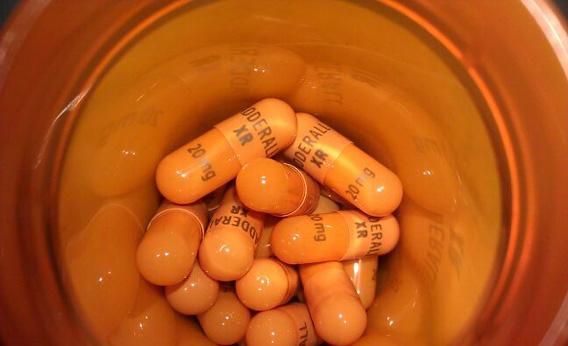Tips for Coping with the Withdrawal Symptoms of Stimulants
Withdrawal symptoms of stimulants can deter abstinence for any given length of time that allows the person to rebuild their life. The consequences of stimulant use are high and the changes that take place in the person’s physical and psychiatric health can be long-lasting or permanent.
Because there is so much at stake should the person return to use, the following are some tips for coping with the withdrawals symptoms of stimulant use that will be helpful in staying on the path to recovery.
Don’t Go It Alone – Get Help!
Withdrawals from stimulants can vary from person to person with severity, durations, and symptom logy becoming severe and complicated for some people. You can use all the support you can get from friends, family, and professional clinicians to deal with the cravings and the emotional roller coaster you are about to embark upon.
According to the National Institute on Drug Abuse, “Scientists have long recognized that cocaine craving intensifies, or incubates, for several weeks following withdrawal from the drug.” Crack and meth users can be more vulnerable to cravings from the rapid and intense euphoria that makes these drugs so highly addictive with cheaper availability.
Stay Safe and Take Care of Yourself

Depression in relation to stimulant use cannot be taken lightly!
Safety is a big concern when it comes to the psychological and emotional issues that will get much worse before they get better. Depression and suicidal tendencies can be dangerous and awareness of these symptoms should not be taken lightly.
Your mind and your body can suffer detrimental results from stimulant abuse and you need to be in a secure place to heal and to get the proper care you need including sleep, relaxation, nutrition, hydration, encouraging support and stabilization services, and medical or psychiatric interventions for complicated withdrawal symptoms of stimulants.
Avoid Influential “Triggers”
Isolation may seem like the answer here and yet, in the long run it can do more harm than good. This is where a stimulant detox and treatment program becomes most beneficial.
Stimulant abuse affects a number or neurotransmitter systems and changes the way the brain operates. Even if you don’t want to use, conditions of your brain can compel you to use unless you learn to identify and avoid those cues or “triggers” which can result from just a simple thought or previously “hard-wired” cue to use.
Refrain From All Psychoactive Substances
Besides, staying abstinent from stimulants you must refrain from other substance like alcohol, opiates, or any psychoactive drugs that can easily cause you to lose your inhibition, judgment and ability to deal with the stress, emotions, and cravings that can cause you to relapse before you ever realize what happened.
Change You Environment
If your environment supports substance abuse, get out of there! You will never get well without making the necessary changes to live healthy and positive.
Go to 12-Step Meetings
Get with others in A.A. or N.A. group where you can gain knowledge, support, and the long-term resources you will need to stay clean.



